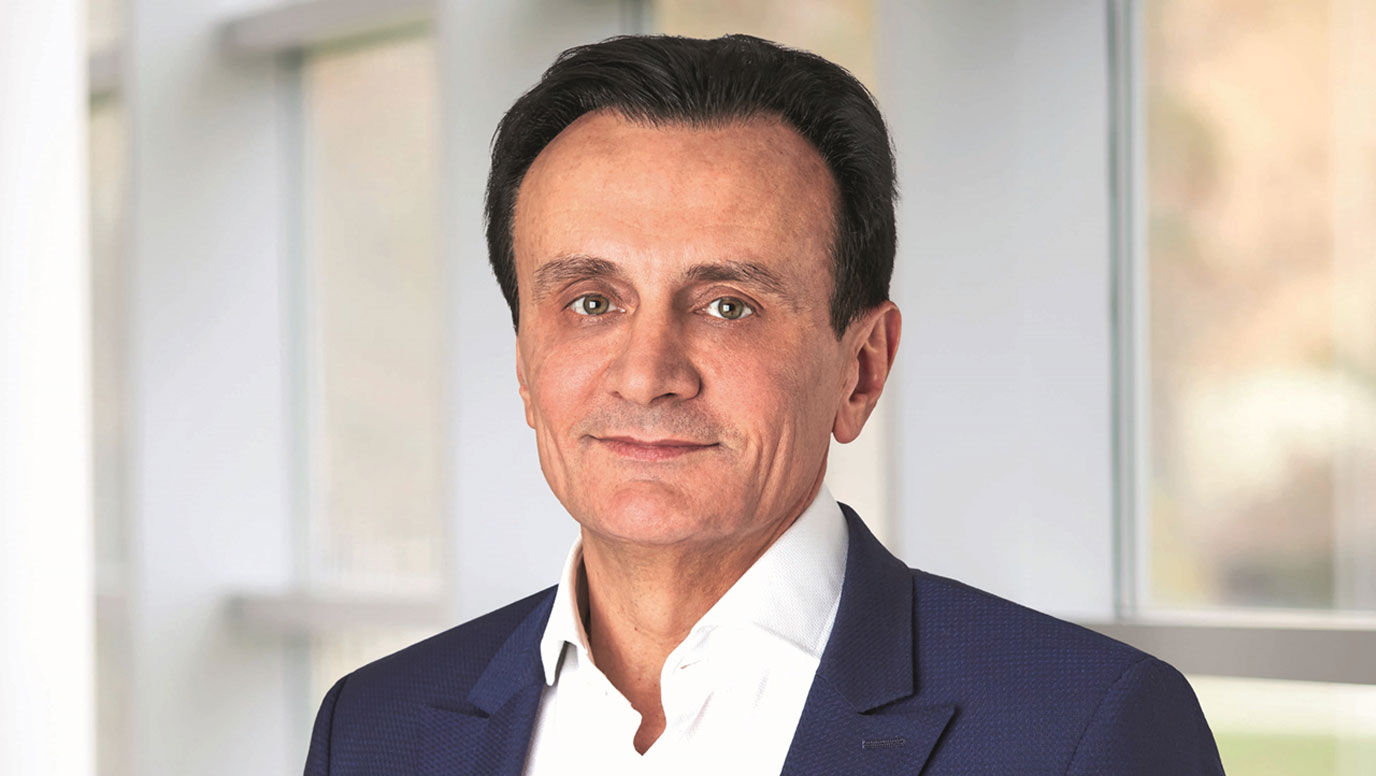AstraZeneca invests billions in China R & D push and UK CleanTech

This is AZ’s second such centre in China and sixth worldwide. But the real significance is that the company’s share price was hit at the back end of last year because of allegations of illegal drug imports – claims the company rejected.
New chairman Shaun Grady who, as Business Development Manager, helped chart the company’s growth in Cambridge, and CEO Pascal Soriot always denied any direct involvement and Business Weekly understands the China crisis is unlikely to hold any future implications for the business.
The new investment is a clear sign that AstraZeneca rates its China business as a lynchpin of future growth, as Grady privately emphasised to me and an executive of a Chinese IT company at last September’s Business Weekly Awards gathering.
The latest investment will be phased over the next five years and forms part of a strategic partnership with the Beijing Municipal Government and the Beijing Economic-Technological Development Area Administrative Office and includes agreements with three biotechs: Harbour BioMed, Syneron Bio, and BioKangtai. AstraZeneca expects its Beijing workforce to grow to 1,700 employees.
Soriot says: “This $2.5 billion investment reflects our belief in the world-class life sciences ecosystem in Beijing, the extensive opportunities that exist for collaboration and access to talent, and our continued commitment to China.
“Our sixth strategic R & D centre will partner with the cutting-edge biology and AI science in Beijing and be a critical part of our global efforts to bring innovative medicines to patients worldwide.”
The new play follows the opening of the company’s Shanghai R & D centre, and will advance early-stage research and clinical development; it will be enabled by a new state-of-the-art AI and data science laboratory.
The latest research flagship will be anchored near leading biotechs, research hospitals, and the National Medical Products Administration in the Beijing International Pharmaceutical Innovation Park (BioPark).
AstraZeneca is also establishing new R & D collaborations in Beijing. This includes a strategic partnership with the Beijing Cancer Hospital in translational research, data science, and clinical development.
The company confirms the signing of two collaboration and licensing agreements; one with Harbour BioMed to discover multi-specific antibodies and one with Syneron Bio to develop macro-cyclic peptides.
AstraZeneca is also launching a new joint venture with BioKangtai, to develop, manufacture, and commercialise innovative vaccines for respiratory and other infectious diseases for patients in China and around the world. This will be AstraZeneca’s first and only vaccine manufacturing facility in China and will be located in the Beijing BioPark.
To support the development of the Beijing innovation ecosystem, Soriot has been invited to join the Beijing International Business Leaders Advisory Council (IBLAC).
Earlier this month, AstraZeneca and Alteogen Inc. in South Korea entered into an exclusive licence agreement for ALT-B4, a novel hyaluronidase utilising Hybrozyme™ platform technology.
AZ acquired worldwide rights to use ALT-B4 to develop and commercialise subcutaneous formulations of several oncology assets. Alteogen will be responsible for clinical and commercial supply of ALT-B4 to AstraZeneca.
This was a natural progression from last November when AZ and Daiichi Sankyo entered into an exclusive licensing deal to develop and commercialise subcutaneous enhertu (a prescription medicine) enabled by Alteogens’s hybrozyme technology.
Also this month, AstraZeneca announced it could pay up to $1 billion on a cash and debt-free basis for Belgian company EsoBiotec to advance its cell therapy ambitions. It has agreed to acquire all outstanding equity on a cash and debt free basis. This will include an initial payment of $425 million on deal closing and up to $575m in contingent consideration based on development and regulatory milestones. The deal is expected to close in the second quarter of 2025.
EsoBiotec is pioneering in vivo cell therapies that has demonstrated promising early clinical activity. The EsoBiotec Engineered NanoBody Lentiviral (ENaBL) platform empowers the immune system to attack cancers and could offer many more patients access to transformative cell therapy treatments delivered in just minutes rather than the current process which takes weeks.
AstraZeneca is also investing heavily in CleanTech. With Future Biogas it announced that the UK’s first unsubsidised biomethane plant dedicated to fuelling the life sciences sector is now operational.
Located in Gonerby Moor, Lincolnshire, the plant will provide clean heat for all of AstraZeneca’s R & D and manufacturing in the UK, supporting sustainable production of medicines.
The plant, which will operate 24/7, will generate enough biomethane to heat the equivalent of over 8,000 homes a year and boost the UK’s green energy capacity.
The plant also features innovative carbon capture technology, which collects carbon dioxide (CO2) produced during biomethane generation. This CO2 can either be reused in other industries or in the longer-term it can be permanently stored underground, creating a carbon removal from the atmosphere.
Crops supplied to Moor Bioenergy will be sourced within 15 miles of the plant with local farmers supported to drive sustainable farming practices. Five-year feedstock contracts will offer farmers greater financial security, helping to mitigate the challenges of fluctuating food crop prices and climate change.


